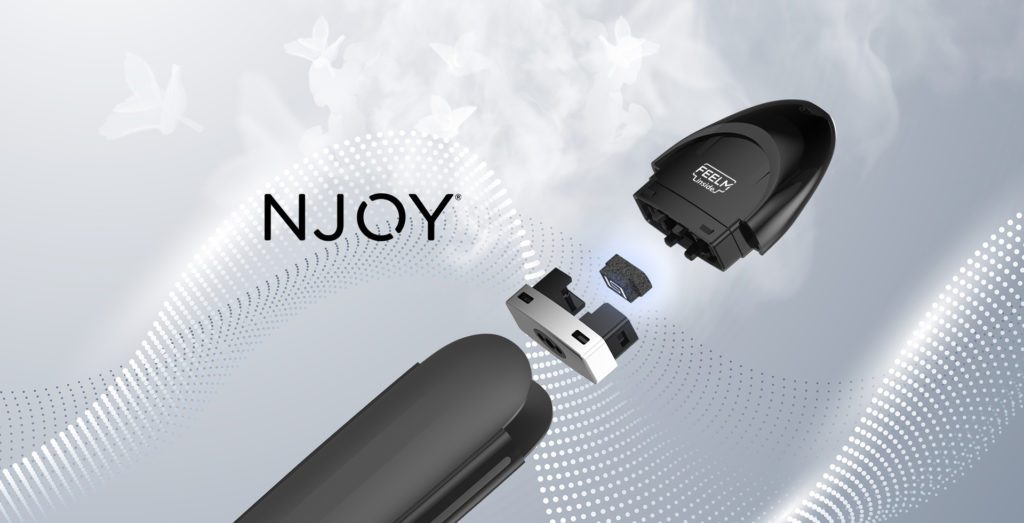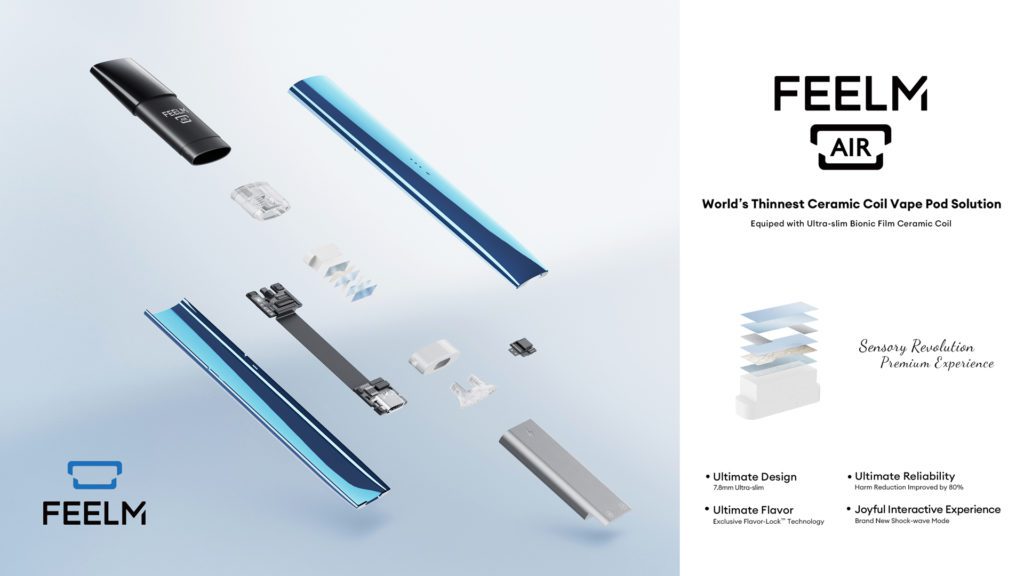More to NJOY
- Business This Issue
- April 28, 2023
- 12 minutes read
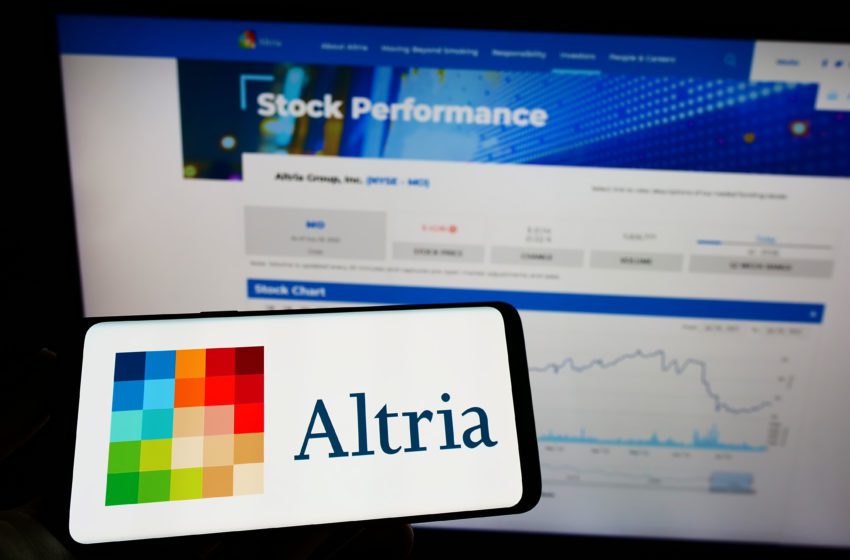
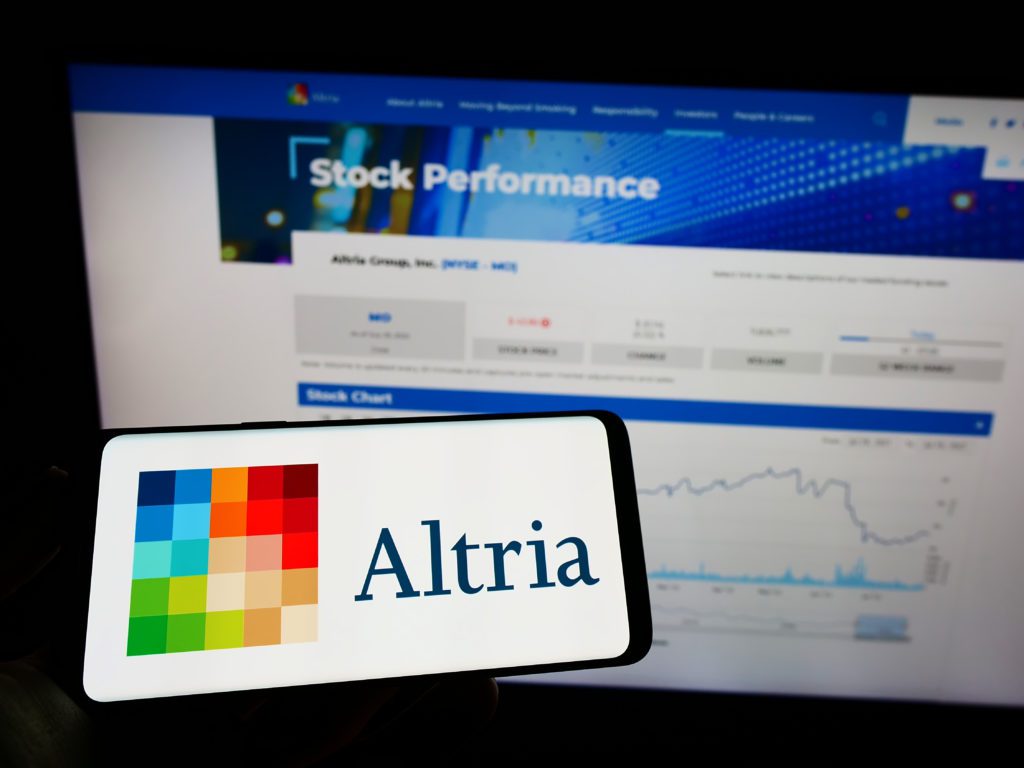
As Altria sheds the burden of Juul, its leaders are hoping investors ‘Njoy’ the company’s new outlook.
By Timothy S. Donahue
It would have been hard to imagine less than five years ago. In September of 2018, Juul had a U.S. vapor market share of 72 percent. By mid-March of this year, Juul’s market share had plummeted to 25.6 percent and continues to drop. Meanwhile, R.J. Reynolds Vapor Co.’s Vuse products have grown from single digits to a more than 47 percent market share during the same period.
Altria, Juul Labs’ largest minority shareholder, had to do something. Juul’s baggage of lawsuits for youth marketing and ongoing battle with the U.S. Food and Drug Administration over marketing denial orders just became too much to bear. After devaluing its $13 billion investment in Juul Labs to less than $250 million earlier this year, Altria stated that it would exchange its entire minority investment in Juul Labs for a nonexclusive global license for some of Juul’s heated-tobacco intellectual property to potentially boost its IQOS heated-tobacco products. It then did something that surprised no one in the industry.
The next day, Altria Group announced it had entered into an agreement to acquire Njoy Holdings for approximately $2.75 billion in cash. Altria said it had multiple sources of funding for the deal, including cash from a $2.7 billion agreement with Philip Morris International last year for IQOS. In less than a week, Altria went from vaping product purgatory to owning the best vaping product on the market with a U.S. marketing order, the Njoy Ace. In total, Njoy Holdings has received six of the 23 marketing orders granted by the FDA as of this writing for the entire vaping product category, including pods, disposables and open systems.
The other major factor in purchasing Njoy is the product didn’t come with the stigma tied to youth vaping, according to Altria CEO Billy Gifford. Speaking during an investor call, Gifford said that his company evaluated Njoy’s marketing practices and national survey data regarding underage use of Njoy tobacco products.
“We believe Njoy has taken a responsible approach to marketing its products. According to the 2022 National Youth Tobacco Survey, Njoy-branded products are not included among the top usual brands among middle school and high school e-cigarette users. Additionally, Njoy is developing access restriction technology for its devices to further address underage use,” explains Gifford. “Our consumer research indicates that once consumers try Njoy Ace, it is a competitive product for both smokers and vapers. After trying the authorized nonmenthol Ace variant, 19 percent of surveyed smokers and 27 percent of surveyed vapers indicated that they would definitely buy the product.
“The Ace results were on par with the post-trial findings for Vuse Alto nonmenthol and better than those for Juul nonmenthol. We observed similar post-trial results for the Ace menthol variants when compared to Vuse Alto and Juul menthol products. This encouraging research supports our belief that Ace is a compelling proposition.”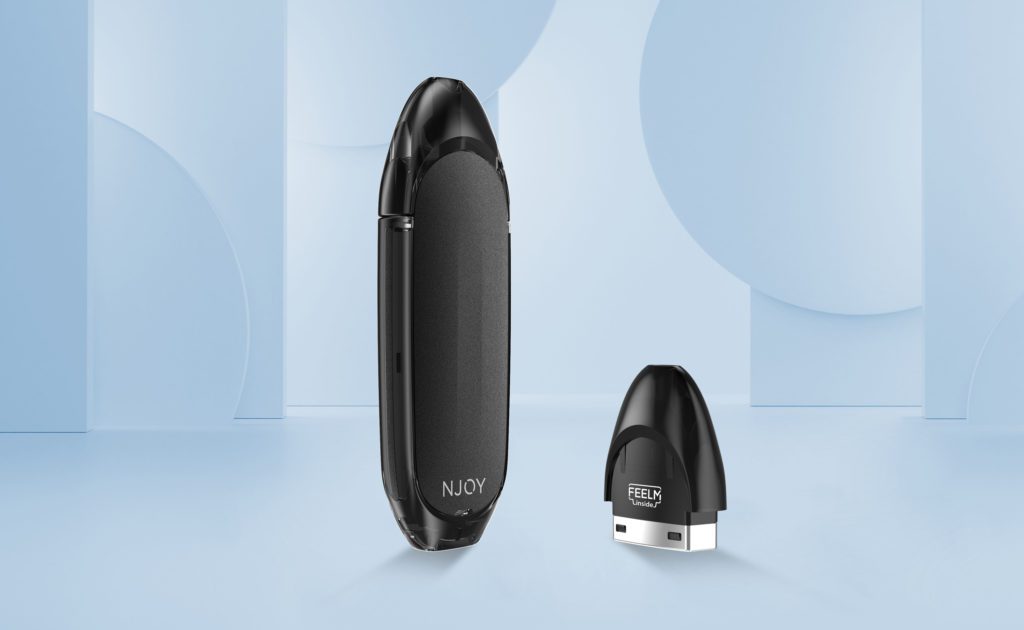
The FDA said that it authorized Njoy’s products because they were found to meet the appropriate for the protection of public health standard as, among several key considerations, chemical testing was sufficient to determine that overall harmful and potentially harmful constituent (HPHC) levels in the aerosol of these products is lower than in combusted cigarette smoke.
Further, data provided by Njoy demonstrated that participants who had used only the authorized Njoy Ace products had lower levels of exposure to HPHCs compared to the dual users of the new products and combusted cigarettes. Therefore, these products have the potential to benefit adult smokers who switch completely or significantly reduce their cigarette consumption.
Additionally, the FDA considered the risks and benefits to the population as a whole, including users and nonusers of tobacco products and, importantly, youth. This included review of available data on the likelihood of use of the product by young people. For the authorized products, the FDA determined that the potential benefit to adult smokers who switch completely or significantly reduce their cigarette use would outweigh the risk to youth, provided that the company follows postmarketing requirements to reduce youth access and youth exposure to their marketing.
Open access
Altria has the ability to take Njoy products to the top. Gifford said that a large number of tobacco consumers are not currently aware of nor have access to the Ace vaping system. Njoy’s Ace, the most technologically advanced FDA-authorized vaping product, is currently available only in an estimated 33,000 stores. Altria services more than 200,000 U.S. stores. Njoy’s sales force is fewer than 50 people. Altria has 1,600.
“As a result, total U.S. retail share for Ace pods in 2022 was only 3 percent. Yet, we know that Ace has performed better in stores where it’s visibly merchandised and has consistent distribution. In the top 5 chain accounts where Ace competes with Vuse Alto and Juul, the weighted average share for Ace is approximately 11 percent,” Gifford said. “We believe we can responsibly accelerate U.S. smoker and competitive vaper adoption of Ace in ways that Njoy could not as a standalone company.”
During the session, Bonnie Herzog, managing director with Goldman Sachs, questioned whether Altria would need to reposition the Njoy brand or change its strategy considering the brand’s relatively small share of the market. After all, several devices have done very well in the market and then disappeared or lost their position. Chris Growe, with Stifel Financial Corp., wanted to know what made the Ace device so unique. Could the Ace device develop another level of brand loyalty it had yet to reach? Gifford said Altria has an extensive relationship with retailers that its “sales force has built over decades.” It’s all about consumers having better access.
“You’re going to see loyalty in these new spaces that we experience in the tobacco category. When you see the consumer, they’re trying various products. They’re looking for products that satisfy their unmet needs and desires, and once they find a satisfying product, it’s up to us to build a brand around that. I think when you look at Njoy, and I’d reference you back to the consumer research, it was both smokers looking to transition and how they rank the products in the marketplace as well as existing vapers, people that have already converted, and their preference there,” Gifford told the investment advisers.
“I think you see that we believe this is a strong asset because not only does it bring certainty around the authorization but the consumer is telling us they have preference for this product over some of the other products in the marketplace. That’s the way we think about it and are extremely excited to, again, have that base IP, have a product ready in the marketplace, but then be able to develop on it as we move forward,” Gifford said.

Gifford told Priya Ohri-Gupta, with Barclays, that prior to closing the deal, Altria would offer none of its services to Njoy but that after closing, Njoy would experience all of the assets Altria has at its disposal. “Our sales force, our regulatory team, our government affairs team, all of that would be available subsequent to close,” said Gifford.
Gifford said that in the next few years the company expects the FDA will complete marketing determinations on the remaining premarket tobacco product applications, including those filed for synthetic products. He said he also hopes the agency will implement the suggestions from the Reagan-Udall Foundation report.
Altria expects the vaping market to remain “in flux” until the FDA goes through the enforcement process and removes unauthorized products from the market. Over the next 10 years, U.S. volumes will grow at a single-digit compounded annual growth rate, Gifford predicted.
After the Njoy acquisition is finalized, Altria will have a compelling portfolio of products and technology across the three largest smoke-free categories, according to Gifford. In the vaping segment, the company will fully own the only FDA-authorized, pod-based product on the market. In oral tobacco, it owns the largest brand, Copenhagen, and holds 100 percent of the global rights to On!, one of the fastest-growing nicotine pouch brands in the U.S. last year.
“We have differentiated new products in development. And in heated tobacco, we have the majority-owned joint venture with JT Group for the U.S. commercialization of the next-generation Ploom device and Marlboro heated-tobacco sticks,” said Gifford. “We [also] have full ownership of an exciting heated-tobacco capsule technology, which we will discuss further at our Investor Day.”
Gifford also explained that the Juul IP rights deal is centered on the Ploom device and the capsule technology. He told Herzog that Altria viewed the technology as “very interesting,” and it allows Altria to put it “in the toolkit” of its product developers. That would give Altria the ability to market the new product anywhere around the world. “Our focus, of course, would be the U.S. because that’s the biggest opportunity we see in products,” said Gifford.
When asked when new heated-tobacco products using the newly acquired IP would make it to the U.S. market, Gifford’s answer became lost in translation. Deciphering the double talk quickly, Herzog ended the conversation by clarifying Gifford’s answer, saying, “OK. So, in a few years. Appreciate it. Thank you.” Gifford did not disagree with Herzog’s assessment.
